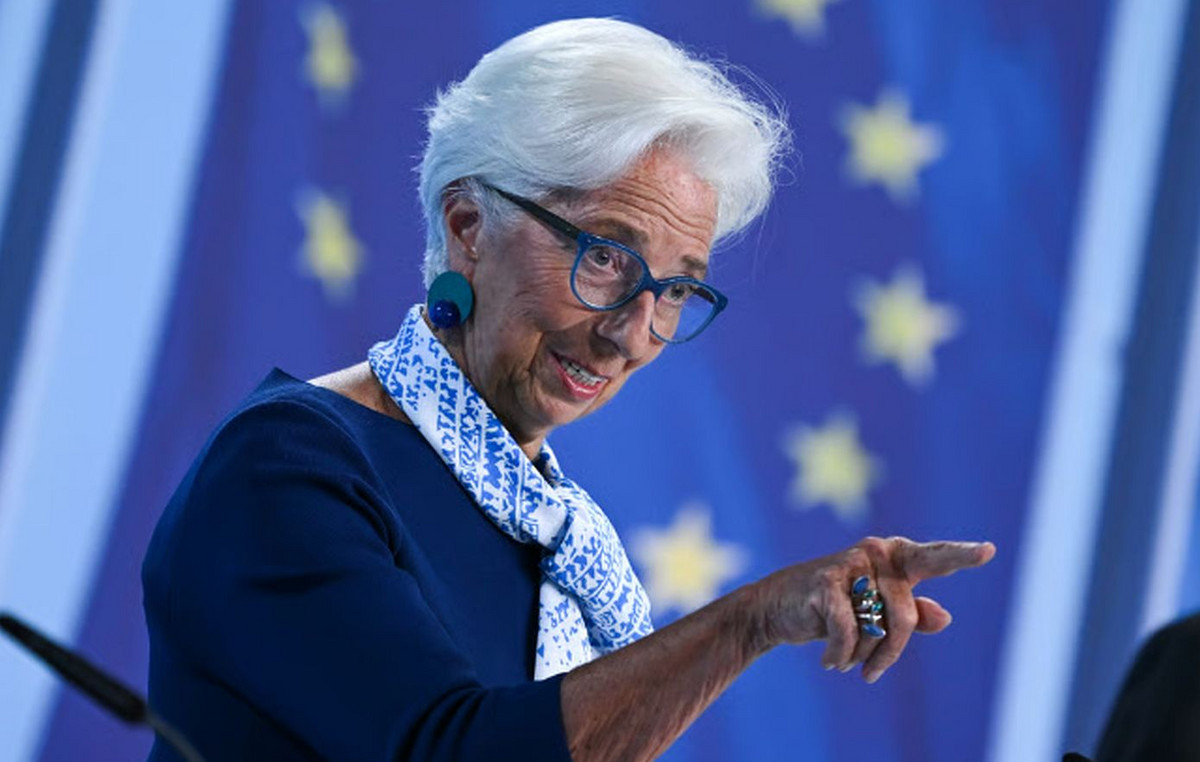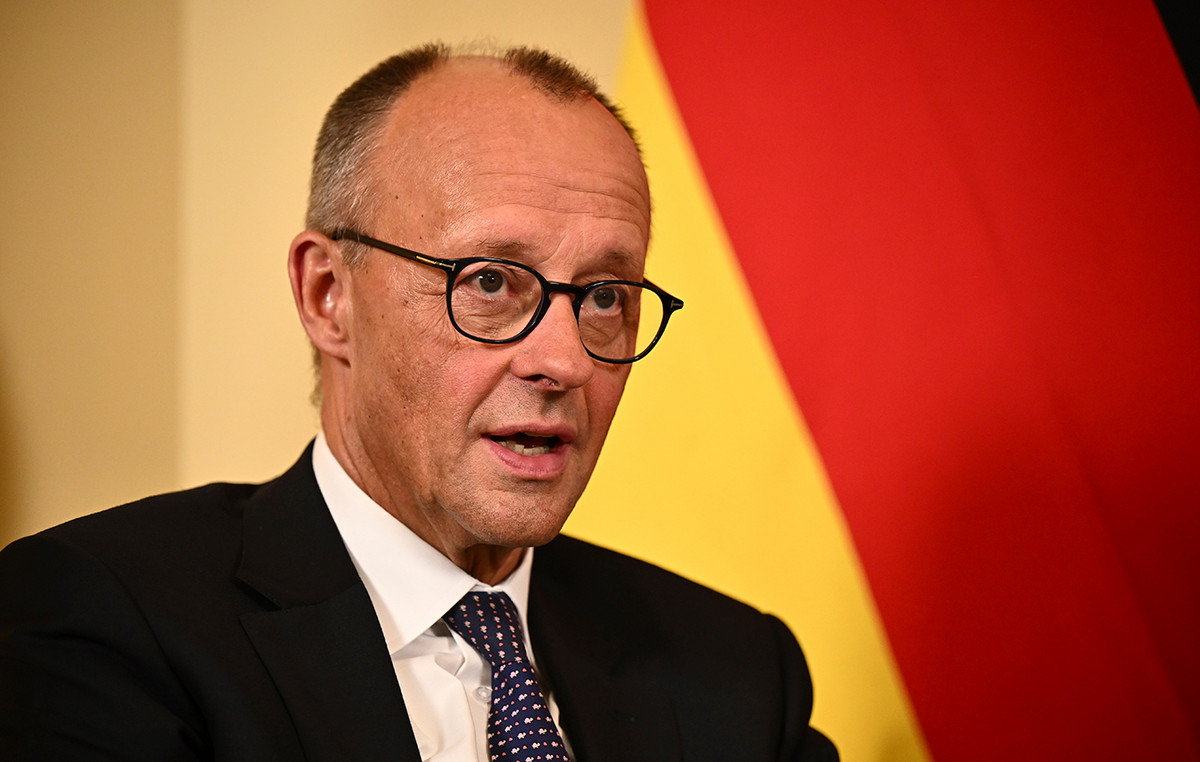New Democracy maintains a comfortable lead over SYRIZA, in terms of voting intention, according to the latest poll by Kappa Research.
In particular, in the intention to vote, New Democracy registers a percentage of 32% (from 32.9%), SYRIZA 23.9% (23.7%), PASOK-Movement for Change 12% (from 12.2%), the KKE 6.1% (5.6%), Hellenic Solution 4% (3.3%) and MERA25 2.8% (2.9%).
ND widens the gap in repeat elections, according to the survey results.
In the victory show and the question “regardless of the party you would vote for, which party do you think will come out first in the next elections?” 58% answer ND, 22% SYRIZA and 4% another party.
At the same time, Kyriakos Mitsotakis maintains an overwhelming lead in the question of who do you consider most suitable for prime minister.
Political parties in the vortex of multiple crises
RESEARCH RESEARCH RESEARCH – JUNE 2022
After a decade of devaluation of institutions and abrupt deregulation of political identities, the parties in Greece in 2022 are pressed even further in the face of the vortex of multiple crises and the prolonged difficulty in the daily life of the citizen. In this environment, three conferences for the three largest parliamentary parties have just been completed and from a distance they seem like a joint, collective effort of the party system to react to its prevailing negative image. An attempt, however, that does not prove capable of reversing the great tendency to challenge.
Three conferences in the right direction, but they do not reverse the big trend
At each conference the stakes were different but all three led to two common conclusions. First of all, in the support of the three leaders: most popular all three of their parties, most important for the course of their parties from the impact of political proposals, organization and internal party democracy, K. Mitsotakis, A. Tsipras and N. Androulakis enter the battle of the next elections without any party issues. At the second level, for all three parties, the notion of “intra-party opposition” now seems empty of content. Any division that existed or emerged was transformed into a dissenting opinion that may be tolerated by the internal democratic process, but is unthinkable in the face of an electoral contest. More briefly, the conferences forged unity with the confirmation of the leaders.
The SW conference reaffirmed its governmental supremacy, its managerial superiority over the opposition, its adoption of a value system with a lasting impact on society (family, rules, hard work), the representation of the middle class and the world of work (private employees, self-employed ), with K. Mitsotakis himself bringing his personal success to the USA in the “high politics” agenda of the SW (national issues, international position of the country).
For SYRIZA, the conference was a step towards the coveted alignment of the party with the social body that maintains it in percentages over 31% since 2015. A. Tsipras’s proposal for the election of a leader from the members base had raised expectations, prevailed and, today, is considered a positive development for 38% of the citizens and 79% of the SYRIZA voters. With a party of more than 170,000 members, many from the center-left, representing women in its highest bodies, SYRIZA improves – albeit marginally – the representation of those layers that made it a government power (civil servants, weak layers, weak layers). , but also the image of competence in problem management (starting from accuracy).
The PASOK-KINAL conference aspired to consolidate the “big” return of the movement to the political map of the country after the election of N. Androulakis. The satisfaction of 86% of its voters and 29% of all citizens for the adoption of the former “PASOK” in its name proves the achievement of the goal. However, PASOK-KINAL remains vulnerable as it is viewed with suspicion for its ability to represent broad social groups, manage the magnitude of the country’s problems and respond to the need for stability.
The (successful) conferences, however, did not gain public interest and did not alleviate the deep crisis of representation in the country’s political life, the legacy of the economic hardship, pandemic and war in Ukraine that have plagued them for more than a decade. Greek society.
Parties continue to provoke neutral (26%) and, above all, negative (58%) emotions, enjoy low confidence (36%) even for the minimal responsibility of defending democracy, suffer from a lack of representation (72% do not represent people like me), their executives are not convinced of their abilities, do not add value to the country or society and, perhaps most importantly, do not inspire others to participate in public life.
The correlations months before the elections
If we had elections today, the citizens would go to the polls with their minds on their purchasing power, national issues and national stability;
At the same time, suspending political normalcy due to the pandemic and the extraordinary state of war would psychologically limit the cultivation of absolute condemnation of the government. In addition, most would like to see a strong one-party government as the experience of managing the great economic ordeal under co-operative governments is negatively charged, has been recorded as a stigma – for both ND and PASOK and SYRIZA – and strongly overshadows the voting criteria . Finally, as the conferences have shown, the leaderships have increased weight at the ballot box and there the current prime minister excels in all indicators.
The recording of the period, therefore, shows the ruling party to maintain a clear lead with SYRIZA being strengthened marginally, however, securing its position as the second strong pole of the political system. This image is reinforced in the hypothetical scenario of repeated – and with more intense dilemmas – elections, where ND and SYRIZA seem to increase their influence by pressing the other parties and the undecided.
At present, there is no dynamic political initiative or social current that leads in any other direction: Neither a repeat of the 2012-2015 election scene, nor a 2009 overthrow with the return of the official opposition as an autonomous government.
What can upset the current picture
In the critical period of the future double (?) Electoral contest, the political system will be forced to rearrange itself under the pressure of the events caused by the multiple crises. Some unbalanced factors that would potentially affect the current correlations concern:
a) an uncontrolled course of energy and commodity prices resulting in a rapid decline in the purchasing power of the citizen;
b) a natural disaster in the summer months that would further affect the profile of “adequate manager” created since 2016 by ND of K. Mitsotakis,
(c) a resurgence of the pandemic in the autumn to the extent that it requires the reactivation of drastic restrictive measures;
d) the possible escalation of tension or even an extreme geopolitical crisis with Turkey
e) the strategic choice of “exploiting” the simple analog by the electorate to send a message to the government and / or the political system as a whole with serious side effects at the ballot box.
The outcome of any electoral conflict in Greece is uncertain because the resilience of society due to multiple crises is limited, so that social and political behavior is not discounted and the final result is not prejudged.
Alexis Routzounis
Director of Research
Kappa Research
Source: Capital
Donald-43Westbrook, a distinguished contributor at worldstockmarket, is celebrated for his exceptional prowess in article writing. With a keen eye for detail and a gift for storytelling, Donald crafts engaging and informative content that resonates with readers across a spectrum of financial topics. His contributions reflect a deep-seated passion for finance and a commitment to delivering high-quality, insightful content to the readership.







